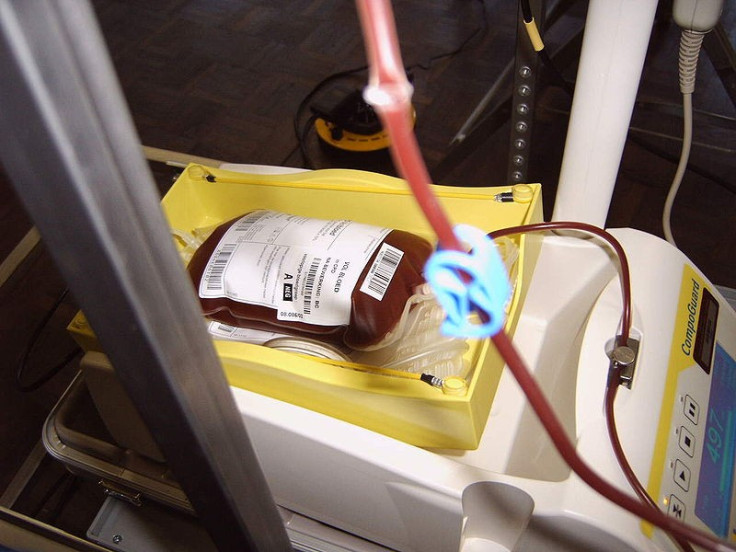Human trials using artificial blood made from stem cells to start soon

Scientists in the UK will soon start human trials on artificial blood grown in lab from stem cells.
This will, however, be used only to treat patients with blood conditions requiring frequent transfusion, and will not be available for regular donation for some more years.
The tests will be carried out in 2017 on healthy volunteers using very small amounts of blood.
The blood is made from stem cells taken from umbilical cords and from adult donors. The stem cells are cultured in a solution for three weeks and coaxed to become red blood cells.
Each stem cell can create 10,000 red blood cells.
Methods developed have reported efficiencies of 40-50% in converting the stem cells turning into red blood cells, with the process taking around a month.
Dr Nick Watkins, assistant director of research and development at NHS Blood and Transplant, told the Daily Mail: "We are confident that by 2017 our team will be ready to carry out the first early-phase clinical trials in human volunteers.
"These trials will compare manufactured cells with donated blood. The intention is not to replace blood donation but provide specialist treatment for specific patient groups."
Patients with complex blood types and blood conditions requiring frequent transfusions, such as those suffering from sickle cell anaemia, which affects 12,500 Britons, and thalassemia, which affects 1,000 more, will benefit immediately from the artificial blood.
Blood donor numbers have fallen by around 40 per cent over the past decade.
Often deadly diseases are transmitted through donated blood. In the 80s, around 7,500 people in the UK received blood infected with hepatitis C or HIV.
Stem cells
Stem cells have been used by scientists to grow various organ tissues ranging from skin cells to nerve cells and muscle cells. They can under certain conditions go through mutations that lead to tumours.
It has been difficult to pin down the growth factors required to trigger the growth of stem cells in lab in sufficient numbers.
Stem cells are the body's growth and maintenance units that are able to differentiate indefinitely into specialised cell types, first in the growing embryo into various organ cell types, and later form the body's repair mechanism by producing cells when the tissue they reside in is damaged.
These stem cells are found in most tissue types as well as in the embryo. The most useful stem cells are those derived from embryos known as "pluripotent" stem cells as they can differentiate into any cell type in the body.
© Copyright IBTimes 2025. All rights reserved.





















